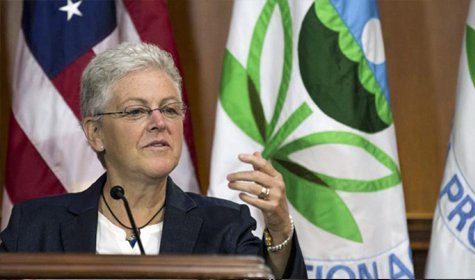The EPA recently stated that it has the power to garnish your wages without having to go through the process of going to court. The EPA has claimed this new authority under the Debt Collection Improvement Act of 1996. This act gives all federal agencies the power to conduct administrative wage garnishment, provided that the agency allows for hearings at which debtors can challenge the amount or the terms of a repayment schedule.
In response to the report, an EPA spokeswoman also pointed to a Department of Treasury rule from 2011 outlining debt collection for various agencies, including the EPA.
“Administrative Wage Garnishment (AWG) would apply only after EPA attempts to collect delinquent debts and after Treasury attempts to collect delinquent debts through other means,” the spokeswoman told FoxNews.com. The spokeswoman added that the agency would provide notice “prior to any action,” giving the debtor the opportunity to “review, contest or enter into a repayment agreement.”
The EPA has also recently made changes to the Clean Water Act which labels a collection of water as small as a puddle as ‘navigable’, which gives them unprecedented power over your property. This view should be particularly disturbing for Austin County residents along the Brazos River or land owners with any form of pond on their property.
The EPA utilizes satellites and drones to discover ‘infractions’. The EPA has already acted on this power in the case where a man was fined $75,000 for a small pond without the EPA even stepping foot on his property. So the EPA can cite you for some ‘problem’ using one of their drones, send you a fine in the mail and if you refuse to pay they will garnish your wages…all without judicial oversight.
This flies directly in the face of the Fifth Amendment of the Bill of Rights forbidding the Federal Government from doing this very thing. The staggering sums that the EPA fines people also goes against the “Excessive Fines” provision of the Eighth Amendment of the Bill of Rights.
The conservative Heritage Foundation claimed that the rule gives the EPA “unbridled discretion” over the process of challenging fines. David Addington, group vice president for research at Heritage, told the Times that the rule not only puts the burden of proof on the debtor, rather than the agency, but also allows the EPA to decide whether a debtor even gets a chance to present a defense before picking whomever it chooses to serve as a hearing officer.

